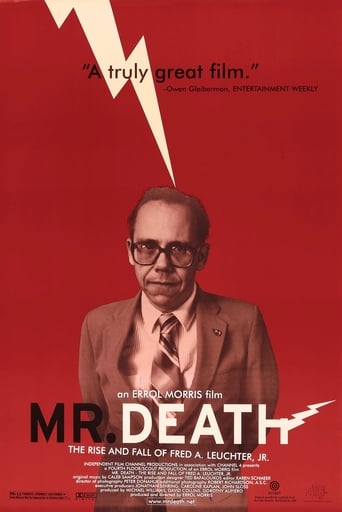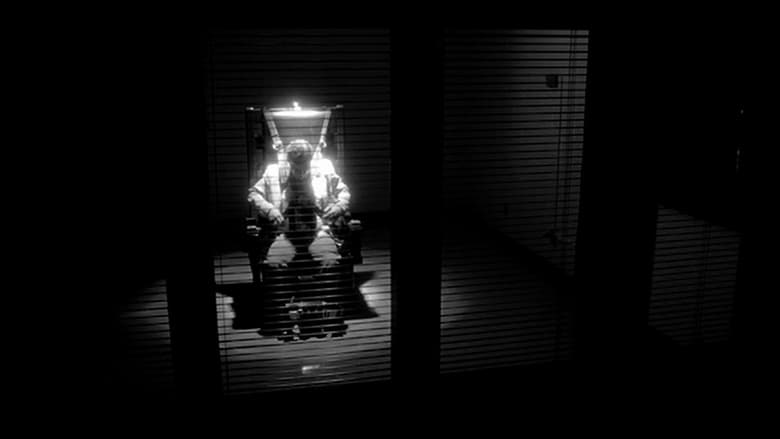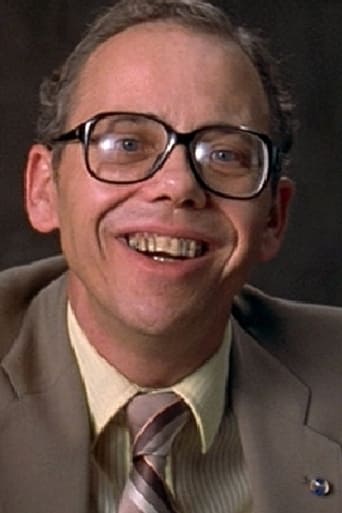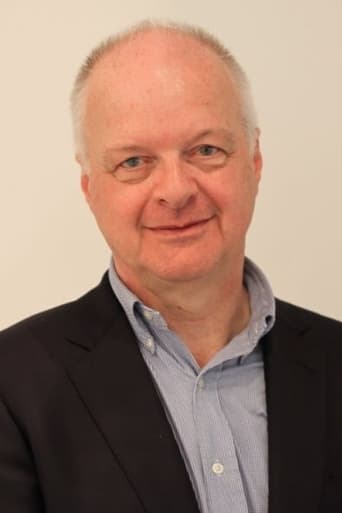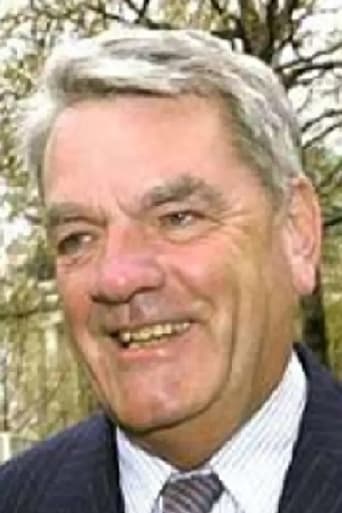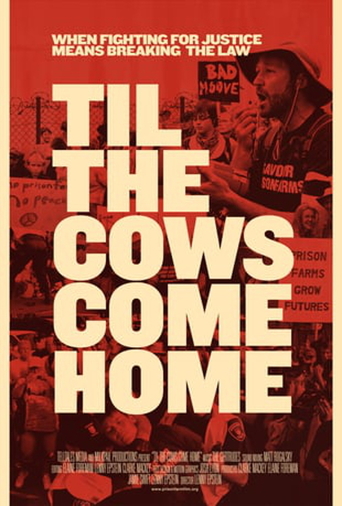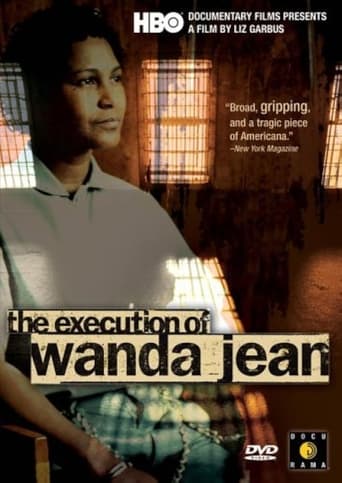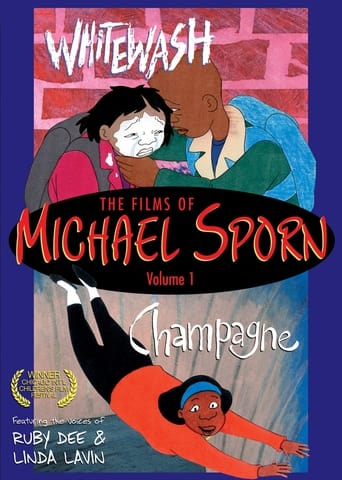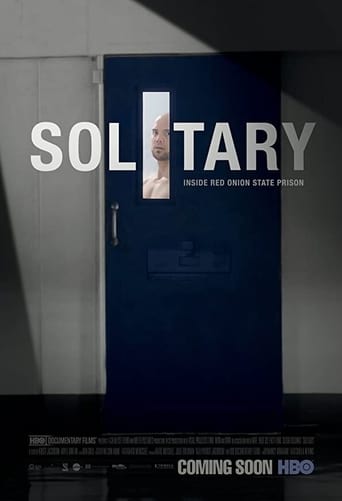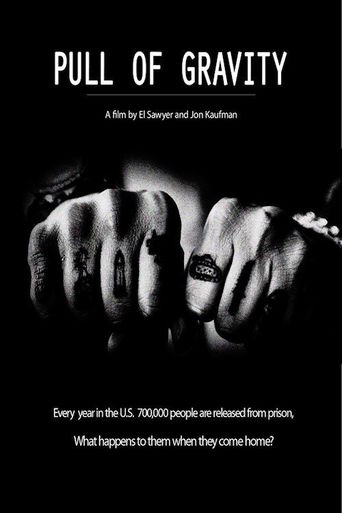Mr. Death: The Rise and Fall of Fred A. Leuchter, Jr. (1999)
A portrait of the life and career of the infamous American execution device designer Fred A. Leuchter, Jr. Mr. Leuchter was an engineer who became an expert on execution devices and was later hired by holocaust revisionist historian Ernst Zundel to "prove" that there were no gas chambers at Auschwitz. Leuchter published a controversial report confirming Zundel's position, which ultimately ruined his own career. Most of the footage is of Leuchter, working in and around execution facilities or chipping away at the walls of Auschwitz, but Morris also interviews various historians, associates, and neighbors.
Watch Trailer
Cast


Similar titles
Reviews
the leading man is my tpye
not as good as all the hype
A very feeble attempt at affirmatie action
This is a coming of age storyline that you've seen in one form or another for decades. It takes a truly unique voice to make yet another one worth watching.
Fred A. Leuchter, Jr., the subject of this documentary, is a lonely man, and so a man of narrow acumen, because he's just appreciative to be liked, even by Nazi sympathizers. Errol Morris conjoins montages and music into a movie that is more reflection than subjective report. Fred Leuchter, the son of a prison warden, relatively floundered into the Death Row business. An engineer by training, he was inspired by the urge for more competent and compassionate execution apparatuses. He'd seen electric chairs that fried their sufferers without killing them, poison gas chambers that endangered the witnesses, gallows not efficiently constructed to break the neck. He went to work fashioning better versions of these devices, and soon prisons throughout the US were taking his council.Notwithstanding his advance in trade, he was not, we understand, particularly well-received socially, though he does come to marry a waitress he meets owing to his habit of more than forty cups of coffee a day. We hear her offscreen voice as she balks at Fred's belief that their trip to Auschwitz was their honeymoon, where she had to wait in a freezing car, looking out for guards. Leuchter's visit to Auschwitz was the crossroads in his work. He was asked by a neo-Nazi Holocaust denier to provide a professional opinion at his trial. Zundel financed Leuchter's 1988 trip, where he chiseled off chunks of brick and mortar in buildings used as gas chambers and had them examined for leftover cyanide. He resolves that the chambers never had capacity for gas.There is a fault in his report, needless to say. The lab technician who analyzed the samples for him protests that cyanide would sink into bricks but to the measure of one-tenth of a hair. By chiseling large bits, Leuchter had eroded his sampling by several thousand times, not even taking into account the ravages of half a century. To find cyanide would have been supernatural. No bother. Leuchter became a darling after-dinner mouthpiece in the neo-Nazi circle, and the camera captures how his face illuminates and his whole body appears to embrace their cheers and ovations, how thrilled he is to shake hands with his new friends. Other people might recoil from the derelict position of a Holocaust denier, to say the least. An executioner is a derelict anyway and finds his friends where he can.No filmmaker can be accountable for those reluctant or unfit to take in his or her film with a discerning view. Anyone who leaves this deeply unsettling film concurring with Leuchter lays claim with him on the verge of psychosis. What's unsettling about the film is the way Leuchter is fairly honorable up till the point at which the neo-Nazis sink their talons into him. Those who are revolted by ethnic cleansing and other forms of government-sponsored genocide sometimes have no pangs when the state executes them one by one, testing them on elephants as is appallingly shown early in this film through dog-eared stock footage. One can even be a two-term president after governing the most restless American Death Row on record.In cinema, the Holocaust intensifies melodrama in that the conquest of the soul never struck so victorious against atrocity, because the atrocity is so confounding. Morris's haunting documentary tries to do something distinct. It's to attempt to penetrate the thought process of denial. You meditate on the general concept of denial, not as some postwar sensation but as something that was intrinsic in the undertaking itself. Those people did those things. The mystery is how. It's about deciphering why Fred Leuchter holds these beliefs.There is paradox in of so many U.S. states heaping tax money on this guy's work, just to oust him because of his distasteful affiliations. The capability of so many people to live contentedly with the notion of capital punishment may be a hint to how so many Europeans could live with the Holocaust: When you swallow the idea that the state has the right to kill someone and the right to decide what is a cardinal wrongdoing, you're nearly there. Mr. Death offers no complacent position of judgment. He doesn't make it obvious for us with light ethical categorizations, because people are formidably paradoxical and can get their minds around fearsomely peculiar notions.
Fred Leuchter Jr is an engineer who has become something of a specialist in the design and manufacture of electric chairs and other methods of capital punishment. In this film we hear him discuss his work and join him on his visit to Auschwitz where he maintains that the mass extermination of people in world war II could not have been physically possible.As with many other Errol Morris, this is a fascinating study of an interesting character, although not one I would particularly want to meet or have any common ground with. When it is allowing him to talk about his trade the film is interesting mainly because Leuchter's opinion of his work and, more importantly, himself is engaging to listen to. His attitude towards his work marks him out as somewhat of an eccentric but yet he sees himself as an expert in his craft which it is also strangely clear that he is not. However the film loses this "appeal" somewhat in the second half where it becomes more about Leuchter's report on the Holocaust more than it does about the man himself. In a way it does feel like Morris has lost the essence of his approach by making sure that Leuchter's words are not allowed to just stand unquestioned.Of course nobody could fault this approach because it was important not to just give this man a stage to speak unchallenged but it does rather change the film. Of course this is not to say that it isn't interesting because it still is. Pardon the pun but Morris does give Leuchter enough rope to hang himself and produces some telling moments such as him proclaiming himself the only expert in the world. The various spokespeople for the Jewish community don't really counter Leuchter and do themselves an injustice by being quite emotional in the face of his arguments. Fortunately there is enough actual factual response to him to make up for this.Overall then a quite fascinating film but not quite what I expected from Morris. As it gets deeper into Leuchter's report on the Holocaust it does rather lose touch with the man but is still interesting and the approach was a necessary evil given the subject matter.
Leuchter is one amazing guy. This is a guy who became one of the US's foremost experts on death engineering - he designed and built/rebuilt several execution devices for death rows throughout the nation. Then, tragically, he took it upon himself to travel to Auschwitz and hammer bits off the gas chambers to bring home for cyanide testing. His conclusion: no-one was gassed there. Oops. Then he compounded his mistake by testifying for Ernst Zundel and speaking at holocaust-revisionist meets throughout the world.So, an excellent subject for a movie, and Morris does an okay job. There are a few faults. The quality of some of the interview footage is quite poor. And there is the question of the reconstructions. Leuchter provided Morris with plenty of "home movies" which are incorporated into the film, so the function of the reconstructions seems merely to be to reinforce in our minds the dramatic qualities of a lot of the actions Leuchter performed. Personally, I could've done without them.10/10 for the subject, 6/10 for the film-making, gives 8/10 overall.
What was the point of the documentary Mr. Death? I understand it was for informative purposes, but I didn't necessarily need to know who Fred Leuchter was. I'm not sure if there are people in the world who actually know who he is and that he was an idiot, but now they do. The documentary portrayed him as a dorky guy who basically didn't know what he was talking about. Why was it so important to make a documentary on the rise and fall of Fred Leuchter? Was it to show the gas chamber designers that they shouldn't make accusations about a highly sensitive event, such as the Holocaust? Look where it got him, alone. I understand that we were supposed to watch this documentary for an assignment, but couldn't a different documentary been picked? This documentary didn't make me want to go out and change the world like other documentaries did.

